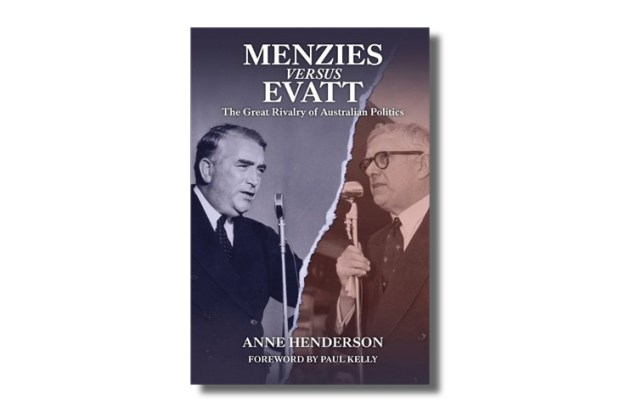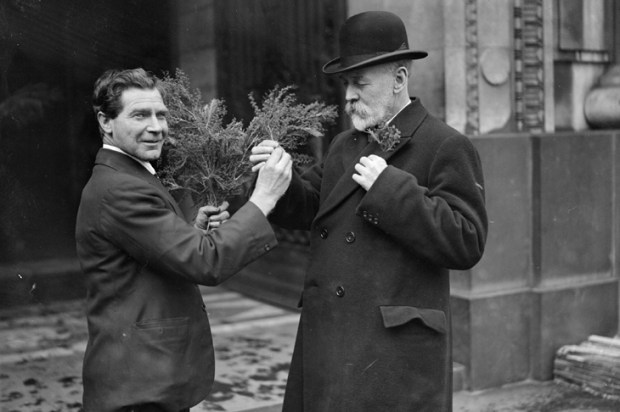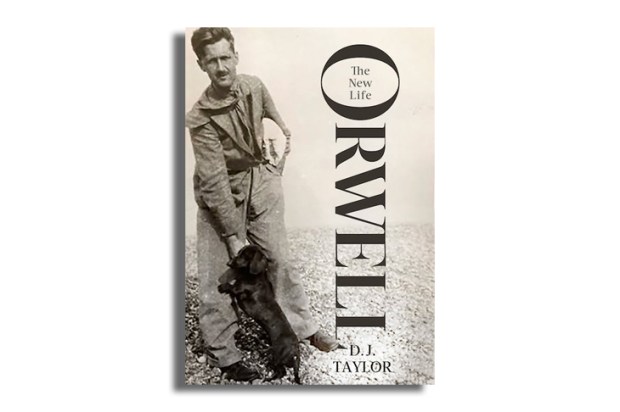Nick Greiner: A Political Biography
By Ian Hancock
Connor Court, $59.95, pp 480
ISBN 9781922168542
Ian Hancock has, in recent years, done much to redress the balance towards the Labor party in academic writing about politics. The opening salvo was his biography of John Gorton. This was followed by histories of the Federal Liberal organisation and the NSW Division. In 2006, he contributed a definitive assessment of Sir Robert Askin to a work on NSW Premiers. Now comes his biography of Nick Greiner, Liberal Premier of NSW from 1988 to 1992.
A problem with an authorised biography is that the advantage of being close to the subject has to be set off against a potential lack of objectivity. Although Greiner co-operated, Hancock has by and large kept his independence. The closeness of the relationship allows him to give the reader an idea of how the subject thinks and what he is about. It is a fascinating inside view of the realities of a political career.
Hancock’s depth of research and use of sources are impressive. The writing of political biography in Australia has been bedevilled by lack of personal papers. Unlike Britain, where even the most junior MP seems to leave behind voluminous diaries and correspondence, most Australian politicians have not been keepers of documents. Greiner is something of an exception and has made available detailed records. Particularly revealing are a series of letters young Nick sent to his family from Harvard. Hancock has not only made the most of primary sources but has been indefatigable in interviewing Greiner, his wife Kathryn and others involved in the story. He has handled the details of Greiner’s family life sensitively, rounding out the portrait with personal detail without being voyeuristic.
Hancock provides a fascinating chronicle of Greiner’s early life: his family’s tenacious struggle against calamity in Hungary under Nazis, Soviets and local Communists; the hazardous escape to the West; the rebuilding of family and fortune in Australia. He also gives a scholarly yet accessible account of Greiner’s demolition of Labor titan Neville Wran, his travails as a conviction Premier and the dramatic end to his time in office. The case is convincingly made for Greiner as a major reformer whose record should not be overshadowed by his term’s unfortunate conclusion. Greiner brought about the end of the post-war model of interventionist, Keynesian big government in NSW and his lead was followed by other states. The new paradigm he introduced — privatisation, outsourcing, user pays, public sector managerialism, balanced budgets, market forces — remained dominant under succeeding Premiers from Bob Carr to Barry O’Farrell.
Hancock’s objectivity frays in his treatment of Greiner’s downfall. Admittedly, it has elements of classic tragedy about it: the man who established the Independent Commission Against Corruption to usher in a new era of probity in public life found corrupt by his own creation — a verdict reversed by the Court of Appeal after Greiner’s forced resignation.
In almost every other NSW Parliament except the Fabulous Fiftieth, in which a group of Independents held the balance of power, Greiner would have survived. Yet, Greiner cannot be completely exonerated from blame. Terry Metherell’s public service appointment would have been unwise at the best of times. For a government whose grip on power depended on a signed agreement that was void in the case of ‘corruption or gross maladministration’, it was a disastrous misjudgement. Only Greiner could have uninterestedly let others manage something as politically sensitive as Metherell’s appointment. If a job had to be found to get rid of Metherell and reclaim his seat — and ALP governments in NSW have turned such dubious deals into an art form — there were positions in the Premier’s undoubted gift that would have obviated the need for a charade of an appointment process. It is inconceivable that a Carr or an O’Farrell would have been as unprepared and ineffectual in the witness box as Greiner was at ICAC’s Metherell inquiry.
Hancock’s understandable conviction that Greiner was unfairly treated also leads to a jaundiced assessment of John Hatton, the prime force in the Independent group. Hatton spent much time and effort considering every aspect of the many decisions he was called upon to make during the Fiftieth Parliament. The answers he came up with may not always have been right, as he would have been the first to admit, but they were always the result of an honest (sometimes anguished) attempt to act fairly and correctly. Hatton and the other Independents brought down Greiner on the basis of the evidence before the ICAC inquiry. For Hatton, it was proof of corruption that mandated Greiner’s resignation regardless of the legalities of an appeal. While many would disagree with this approach, it was undoubtedly sincere.
Greiner emerges from Hancock’s biography as a curiously paradoxical individual: a businessman who didn’t want to go into business, a reserved personality often uncomfortable with people who chose a public career, a politician who didn’t really like politics, a man with a sometimes deserved reputation for arrogance who is almost painfully honest about his mistakes.
This book is a classic political biography, a major contribution to non-Labor history and a magisterial account with new insights into an important period in politics. Hancock’s work will remain the standard ‘life’ for a long
time to come.
David Clune was the NSW Parliament’s Historian and is currently an Honorary Associate in the Department of Government and International Relations, University of Sydney.
Got something to add? Join the discussion and comment below.
Get 10 issues for just $10
Subscribe to The Spectator Australia today for the next 10 magazine issues, plus full online access, for just $10.













Comments
Don't miss out
Join the conversation with other Spectator Australia readers. Subscribe to leave a comment.
SUBSCRIBEAlready a subscriber? Log in